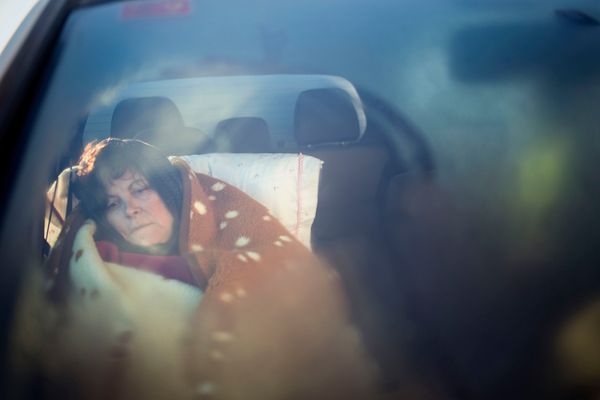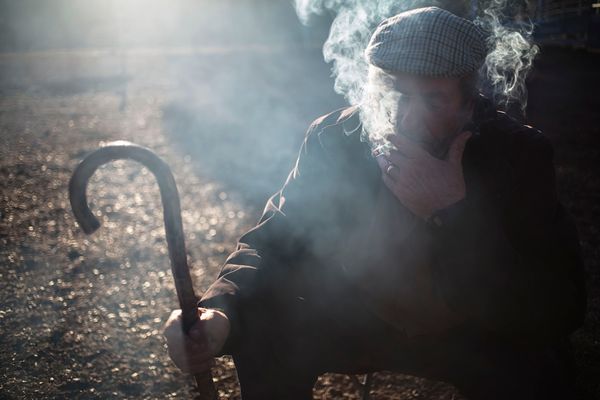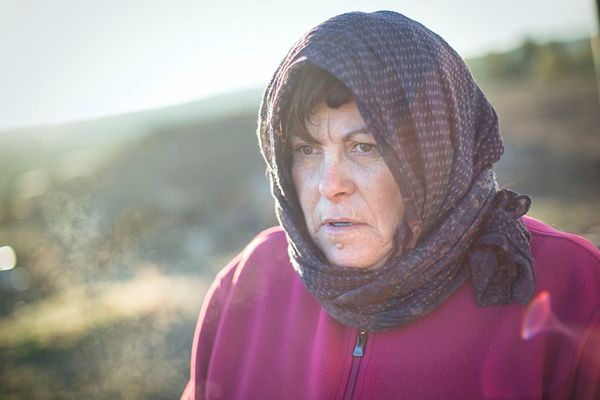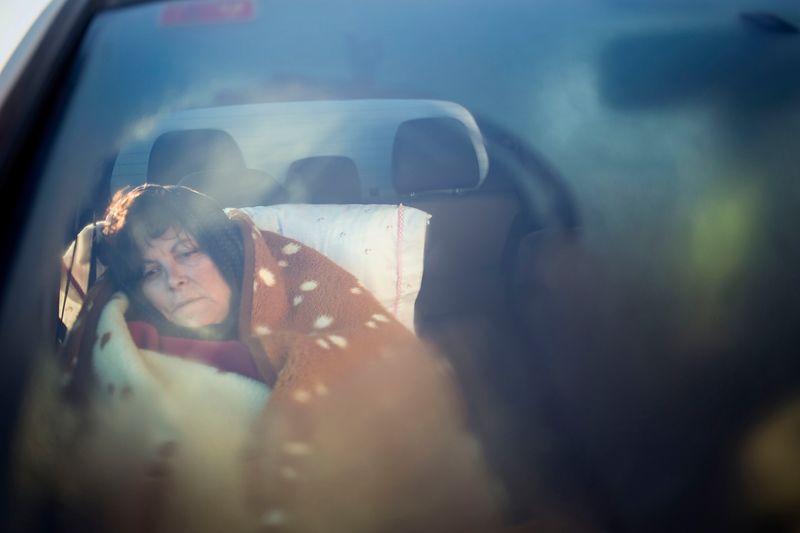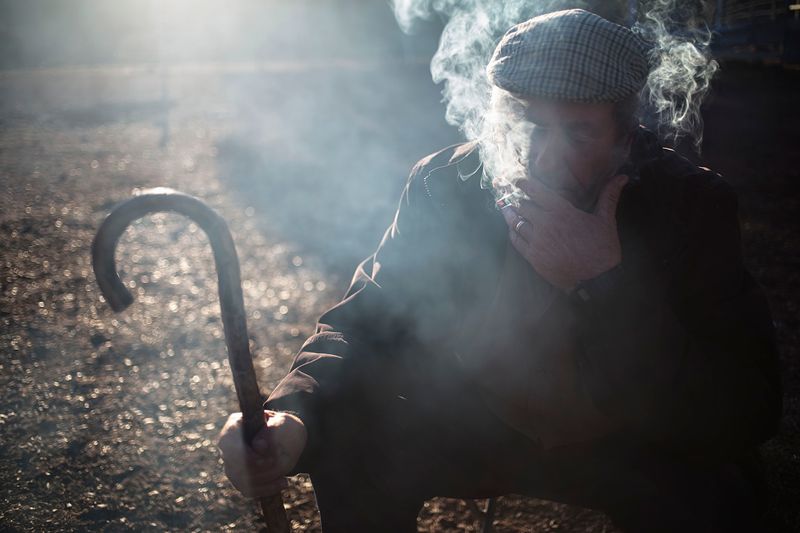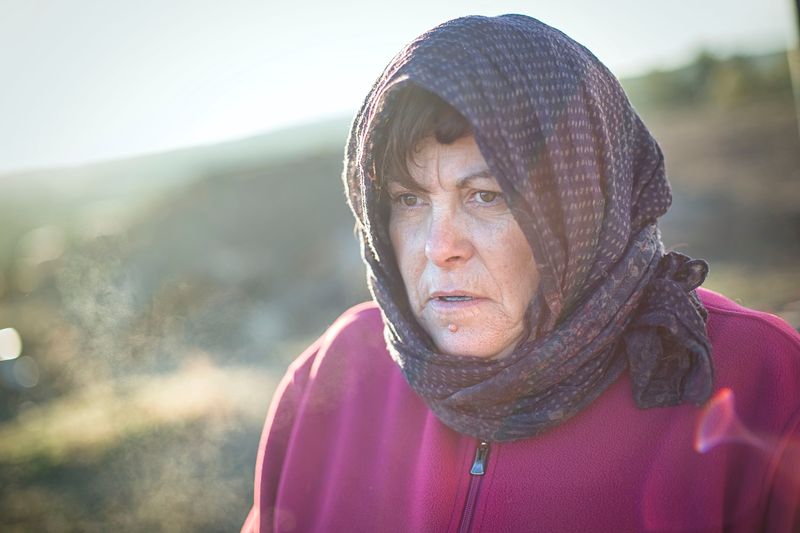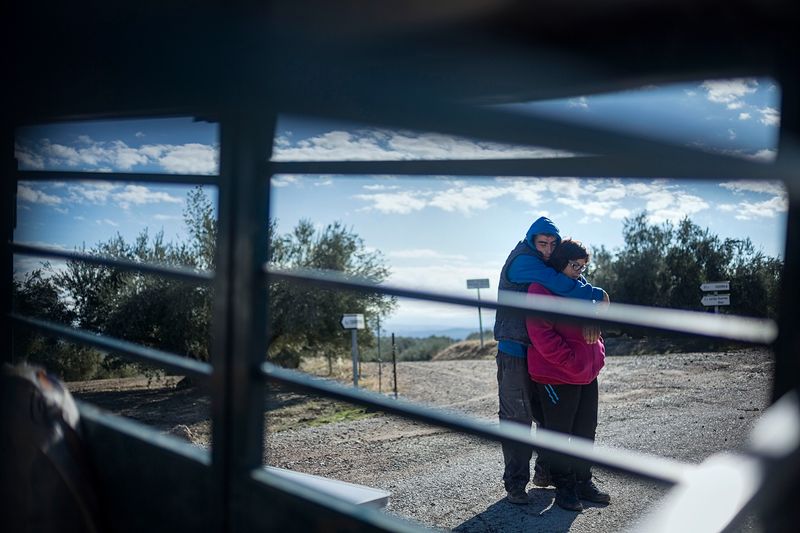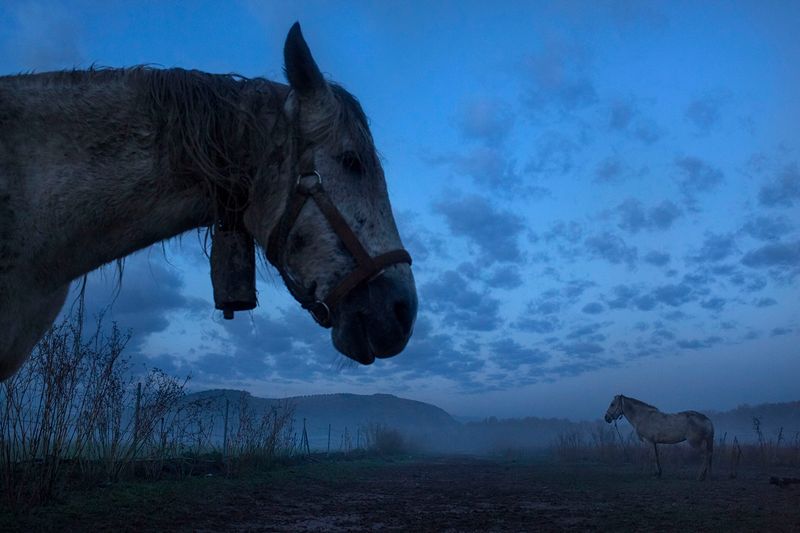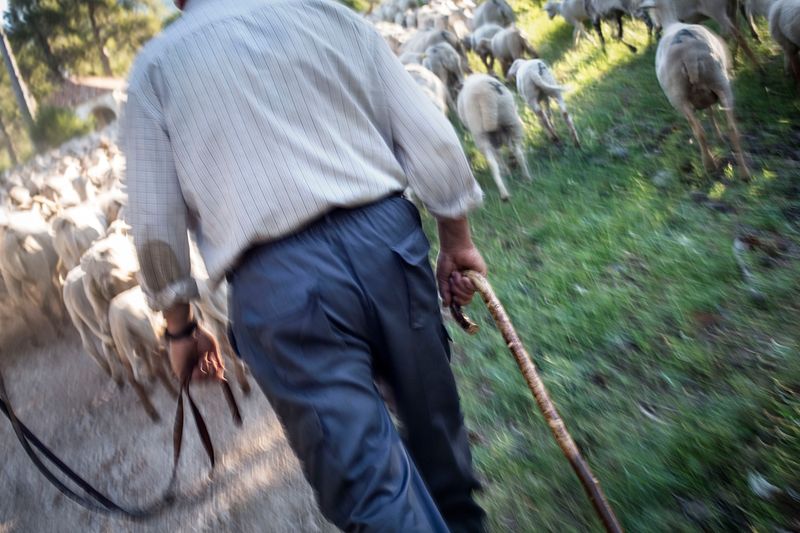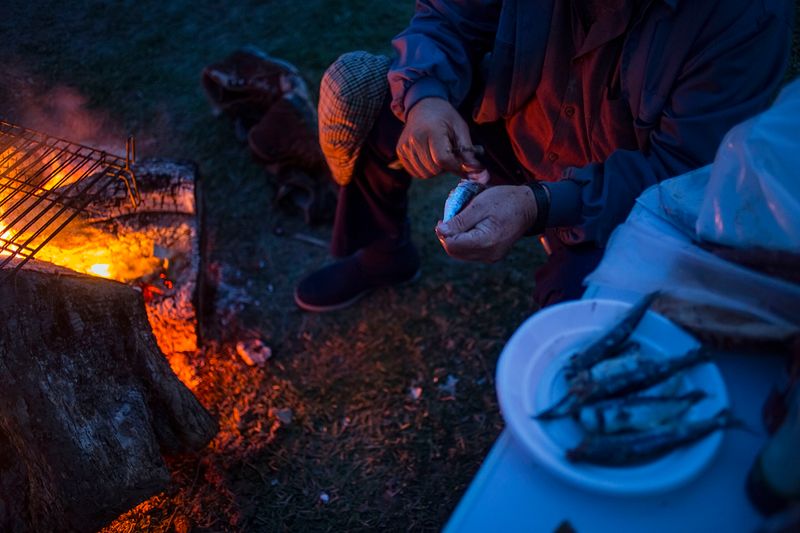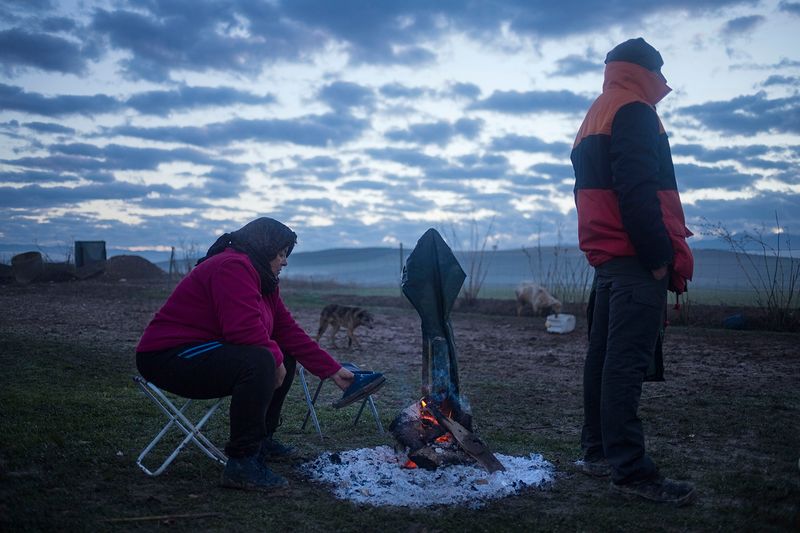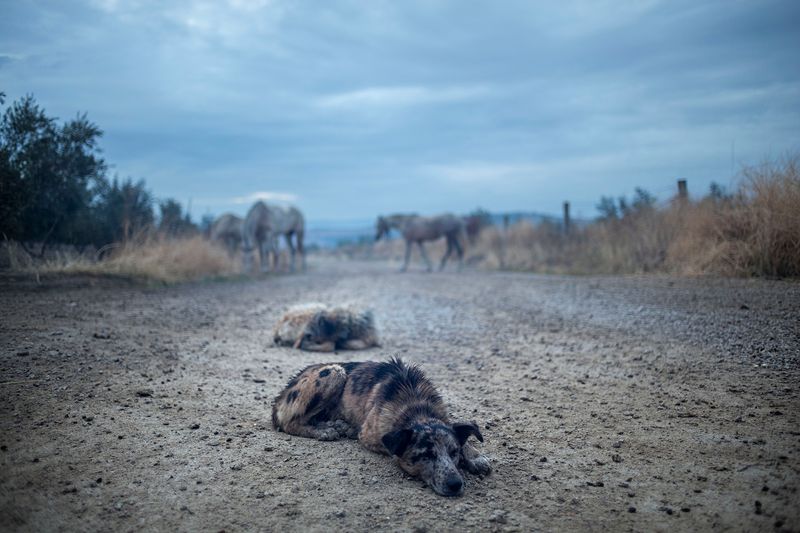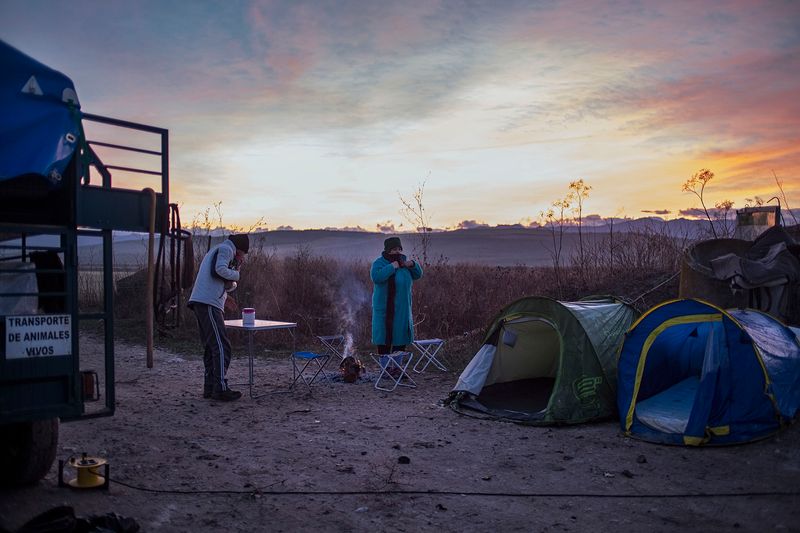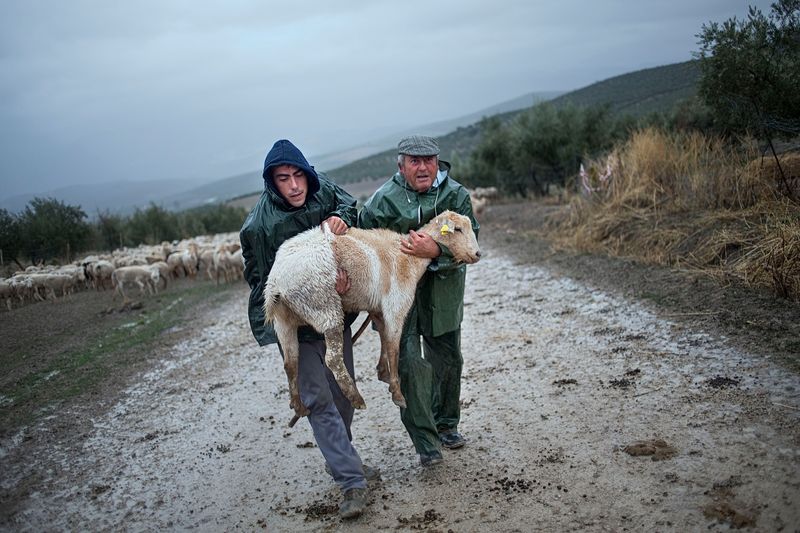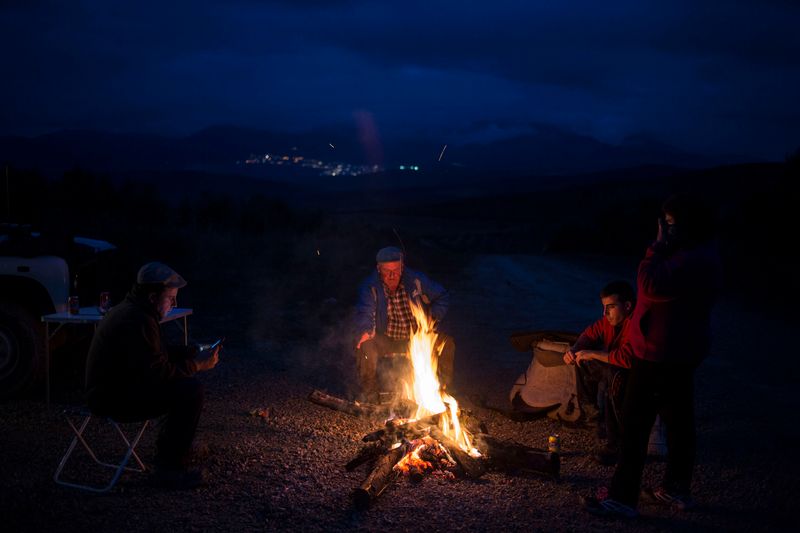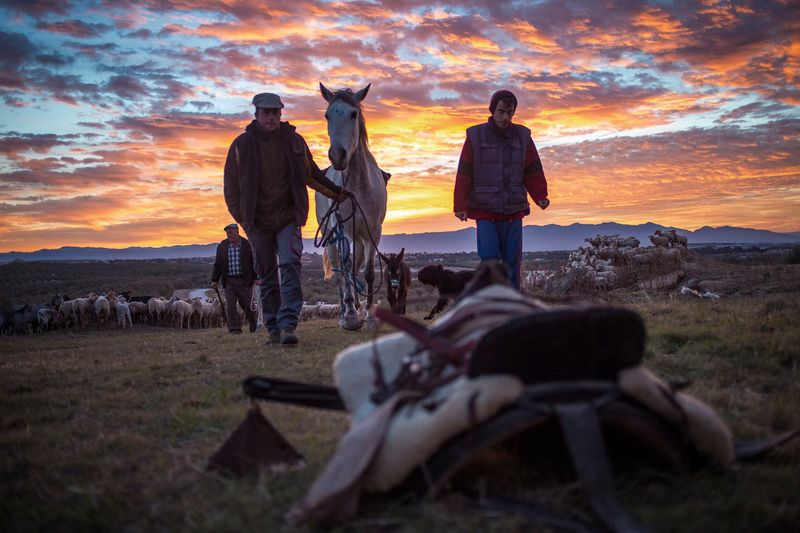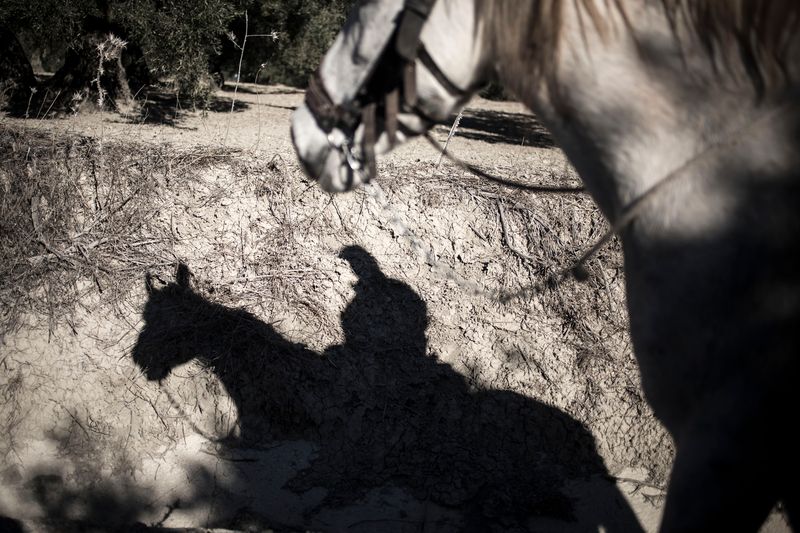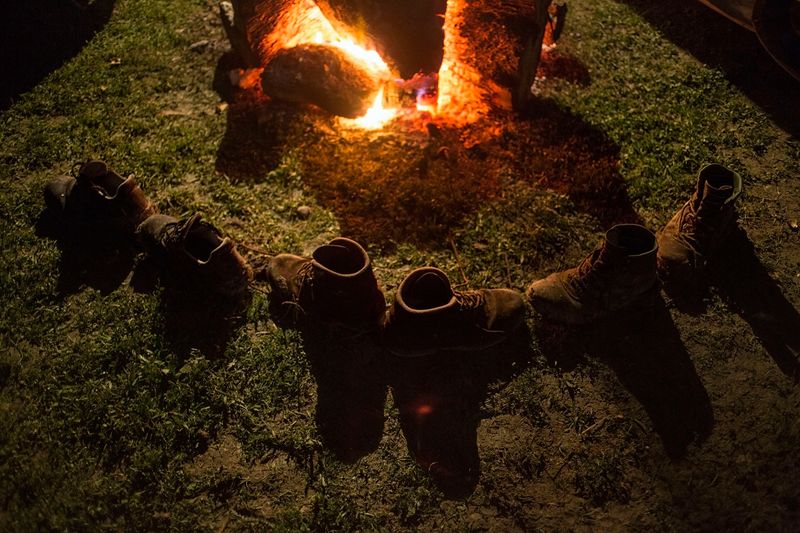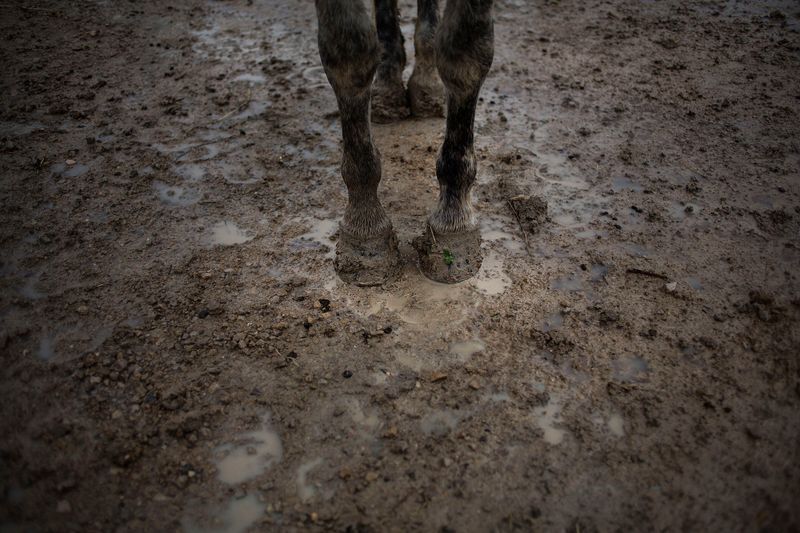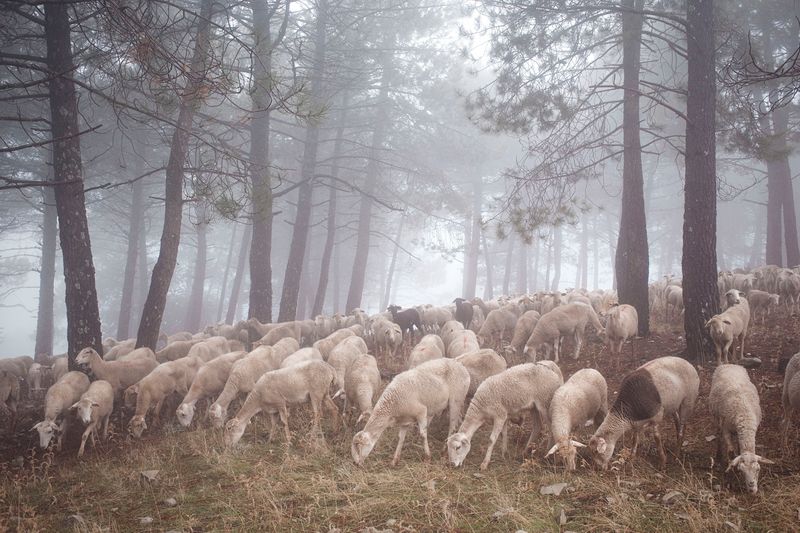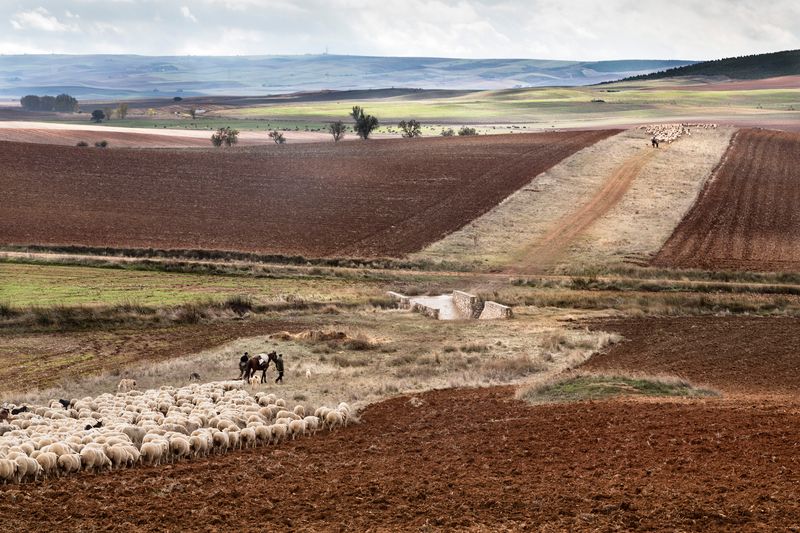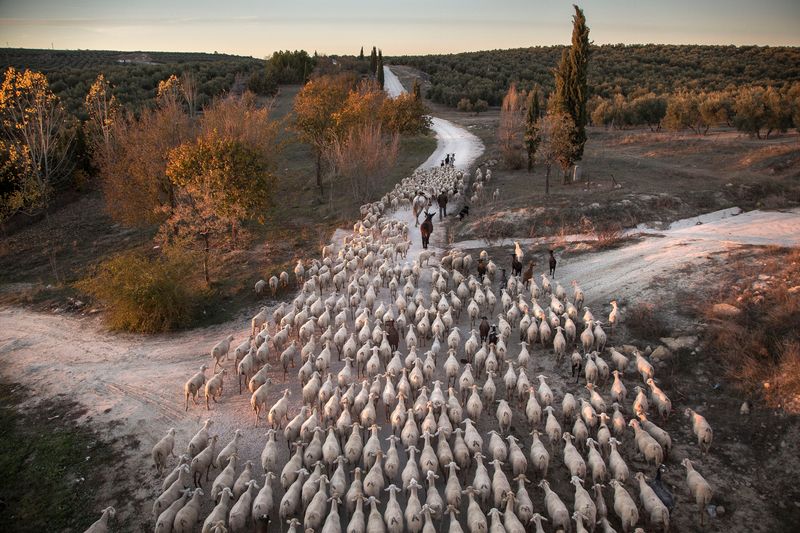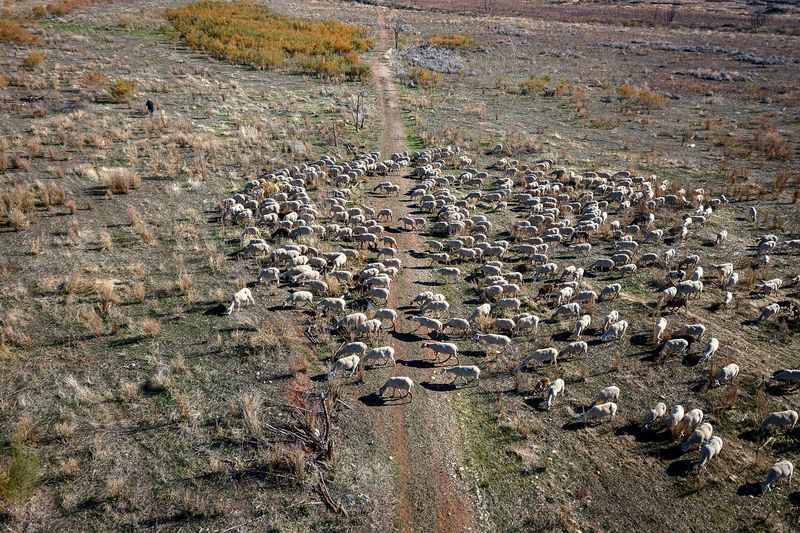Spanish nomads
-
Dates2014 - Ongoing
-
Author
- Topics Daily Life, Documentary
- Location Spain, Spain
One of the last Spanish nomad shepherd families that survive thanks to an old tradition known as trashumance. Twice a year, looking for better pastures and warm weather, these families start an epic journey by foot across mountains and forest.
This is the story of family Alarcon, one of the last families who continue dedicated to nomadic herders in Spain, known as trashumance. Looking for better grass and warm weather for their animals, make a migration by foot with their herd of more than 600 sheep, that takes 150km in 8 days. During this journey, they live in extreme weather conditions. Like them,150 families continue working as trashumants in Spain.
However, Spain maintains a network of historic paths that exceed 125,000 km. The origin of many of these ways with more than 8,000 years of history, is on the migrations that have historically made nomadic shepherds. Threatened by the shortage of rains and pastures, scarcity of public aid and generational relief difficult, for many naturalists and conservationists represents the possibility of generating 5,000 direct jobs and contribute to important conservation of nature, biodiversity and cultural heritage manner. 1000 sheep or 100 cows generate daily 3 tons of manure and over 5 million of seeds of which 30% end germinating. One option for sustainable development which is also a chance from oblivion for rural areas of Spain.
